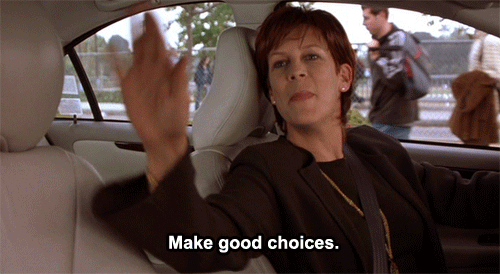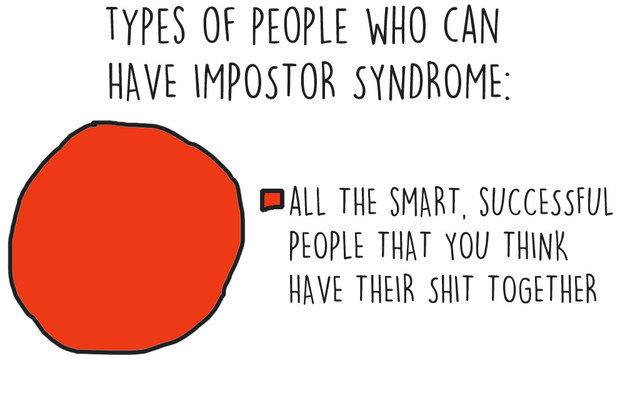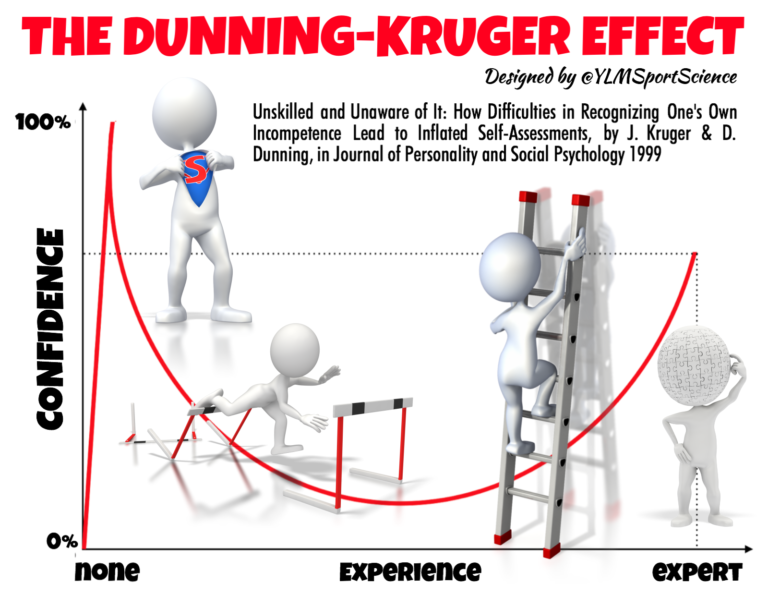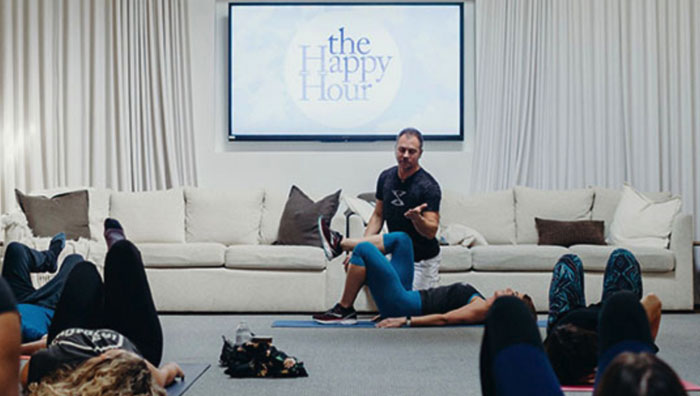The start of a new year, and especially a new decade, is a natural point of reflection. Chances are you’ve gone through some old photos in the last week and thought, “Wow! A lot has changed in the last decade. I’ve achieved so much more than I thought.”
Often following this kind of reflection, you’ll feel excited about how much more you could achieve in the next decade. If you’re going to achieve all those lofty goals, you’d better get cracking immediately, right? And that’s where the dreaded New Year’s resolutions come into play.
A quick Google search will show you some dismal statistics about New Year’s resolutions. According to Forbes, only 25% of us who make resolutions stayed committed longer than 30 days, and only 8% actually accomplish what we set out to do. So if you set resolutions for 2020 and have already hit a bump in the road, you’re not alone.
That’s why we say, ditch the resolutions! Resolutions are like diets: restrictive, boring, and unrealistic. You don’t need to suddenly become a “new you” to create a life you love (even more). The old you has accomplished so much. Give that person a little more credit, because they’re totally going to crush 2020, and they’re going to do it by thoughtfully setting goals and intentions.

Instead of setting vague, yet rigid, resolutions, like “land my dream job”, or “lose weight”, take some time to think about your goals, and don’t be afraid to dig below the surface.
Get really specific and write your goals down in your journal:
- What is the goal?
- Why is this goal important to you?
- What would your life look like if you achieved it?
- What obstacles could make achieving the goal challenging?
- How could you plan to avoid them, or at least lessen the effect those obstacles would have on your progress? This includes the effect that being set back would have on your emotional triggers.
So why does writing down specific goals work, when resolutions don’t? For a start, goals include planning for flexibility and imperfection (a.k.a. life) to happen, as opposed to the all-or-nothing resolution approach. You’ll also have dug into the “why” behind the goal, which is often far more motivating than the goal itself.
Neuroscience has also shown that writing things down helps keeps your goals front of mind because of “external storage” and “encoding”. External storage is pretty self-explanatory: by storing your goals in a journal, you’re able to revisit them – and you should! – as they remind you of the motivation behind them on the days when you want to throw in the towel.
Encoding is a biological process, that allows things we can experience with our senses to travel to the brain’s hippocampus. This is the part of the brain that decides what gets stored in our long term memory. The physical act of writing, and then seeing your words written down enforces the encoding process, making it much more likely that your goals and their motivation will be remembered. This process makes you up to 1.4 times more likely to achieve your goal.
Setting an intention for the year – and writing it down – is just as important as defining your goals. Unexpected circumstances could mean that one of your goals needs to be adjusted, or even be put on the back burner for a while. Having an intention to guide you will make that process easier to navigate. Think of your intention for the year as the compass that will keep you heading in the right direction, even if life takes you on a different path than you’d planned for. Your intention can turn feeling lost into “the scenic route”, which we can all agree is a much better outcome!
Want to learn more about how to set an intention for 2020? We’re hosting an intention setting workshop this Sunday!












